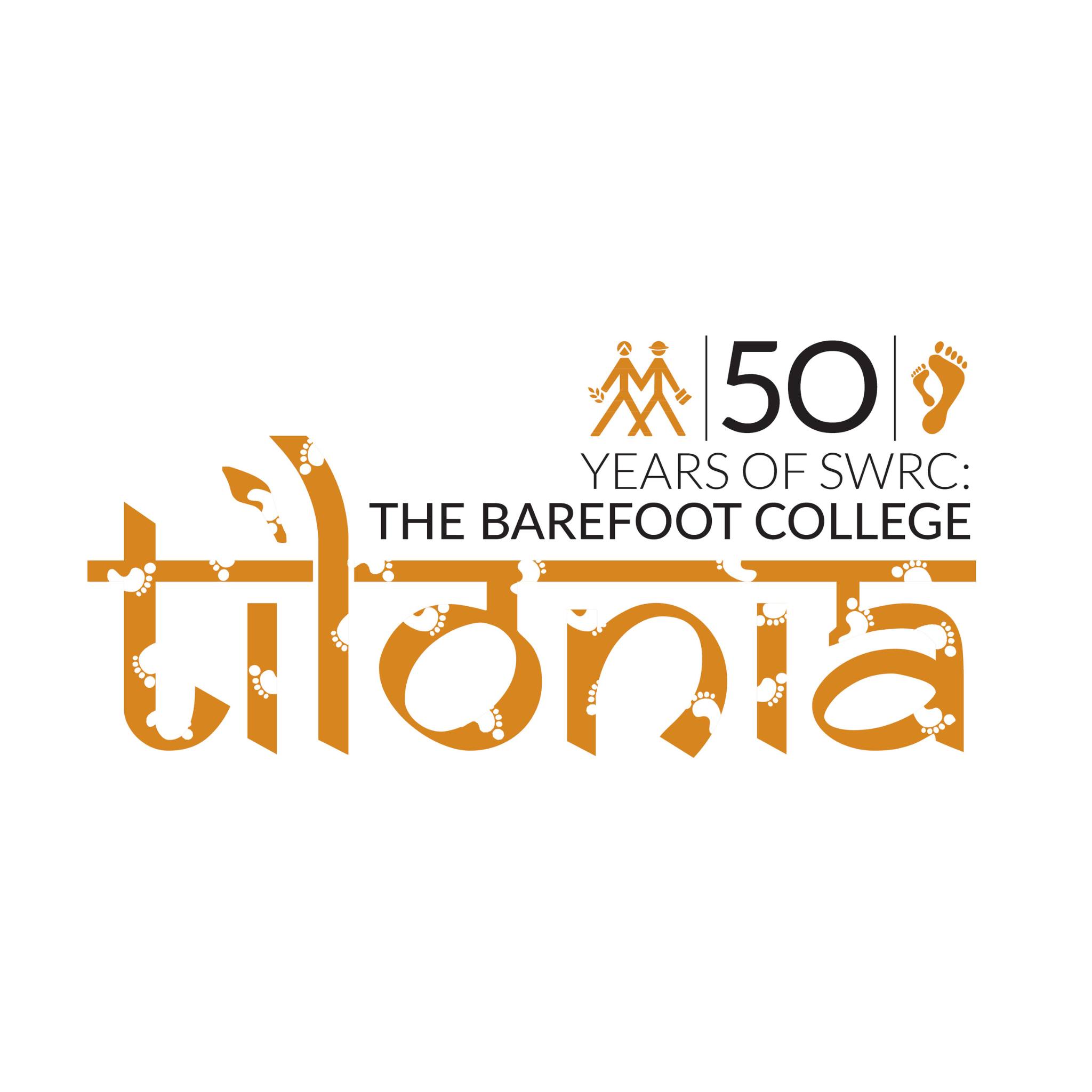Cause Area
Primary Sectors
Secondary Sectors
Geographies Served
Programs
-
Barefoot Vocational Training Centres
To ensure long-term sustainability, establishing Barefoot Vocational Training Centres in multiple countries is crucial. These centres provide accessible training for women without the need to travel to India. With ongoing projects supported by the Ministry of External Affairs, existing infrastructure in Senegal, Burkina Faso, Liberia, and Tanzania will be converted into Barefoot Vocational Training Centres. This involves renovating infrastructure, setting up necessary facilities for solar training, providing accommodations, and funding costs for training and transportation. These centres will empower more women in neighbouring countries to receive solar training and bring electricity to their own villages.
-
Community Electrification Programme
In non-electrified villages, a village solar committee is formed, and women solar engineers set up rural electronic workshops and install solar equipment. Households contribute a fixed monthly amount to support the engineers and cover operational expenses. Ongoing projects include solar electrification of 2,800 households in 14 Pacific Island countries, with a focus on livelihood opportunities. Another project trains rural women in Assam and electrifies 550 households, empowering them through additional sessions on health, leadership, and entrepreneurship skills. These initiatives receive support from the Ministry of External Affairs and ONGC.
-
Rural Women Solar Training Programme
Illiterate or semi-literate middle-aged women, many of them grandmothers and permanent residents of non-electrified villages, are selected for a 6-month residential training programme. They learn to design, fabricate, install, and repair solar lanterns, home lighting systems, charge controllers, and set up electronic workshops. Despite language barriers, candidates from around the world are taught to identify electronic components using colour codes and shapes, following practical examples to acquire the necessary skills for community electrification. The ongoing ITEC Solar Training collaboration with the Ministry of External Affairs has trained 884 women from marginalized communities in 94 countries, resulting in the electrification of 40,000 households across 410 villages, contributing to sustainable development goals.
-
Research and Development Lab
The Research & Development Lab, established in 2016, has grown into a versatile team working on ICT tools for night schools. With a diverse group of young engineers, it focuses on education, health, energy, and livelihood. Currently managing 7 projects with the Government of India, including solar-based innovations like an IoT controller, solar lantern, projector, water filtration and vending machine, solar dryer, and portable solar sheep shearing machine. The lab's technical expertise and commitment drive these projects forward, addressing various challenges in these domains.
Registration Details
-
PAN Card
AAATS3518F
-
Registration Number
S-5292/1972
-
CSR Form 1
Not Available
-
80G
AAATS3518FF20214
-
12A
AAATS3518FE20214
-
FCRA
125410009
About
-
Headquarters
Ajmer, Rajasthan
-
Since
1972
Impact
Transforming lives in over 96 countries and 20 Indian states, the Social Work and Research Centre (Barefoot College) has impacted over 5 million people across 5000+ villages worldwide.
Vision and Mission
The vision is to create a world where every individual has the opportunity to lead a dignified life, while the mission is to uplift rural poor communities through sustainable solutions, placing indigenous knowledge and skills at the center of their development.
Political & Religious Declarations
-
Political Affiliation
-
Religious Affiliation
Location
-
Offices in Cities
Ajmer
Other Details
-
Type
Non-profit
-
Sub Type
Society
Technology Adoption
-
SOC 2 Compliant
No
-
Financial Management
-
Beneficiary Management



